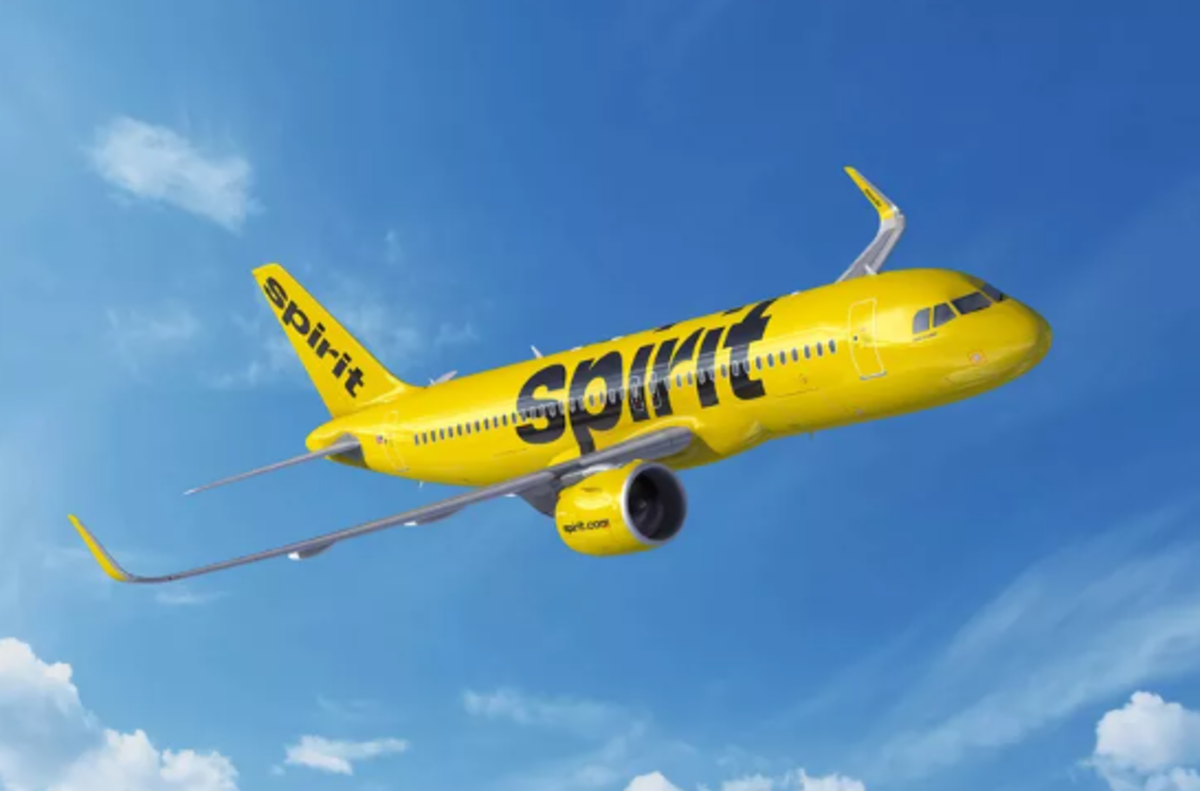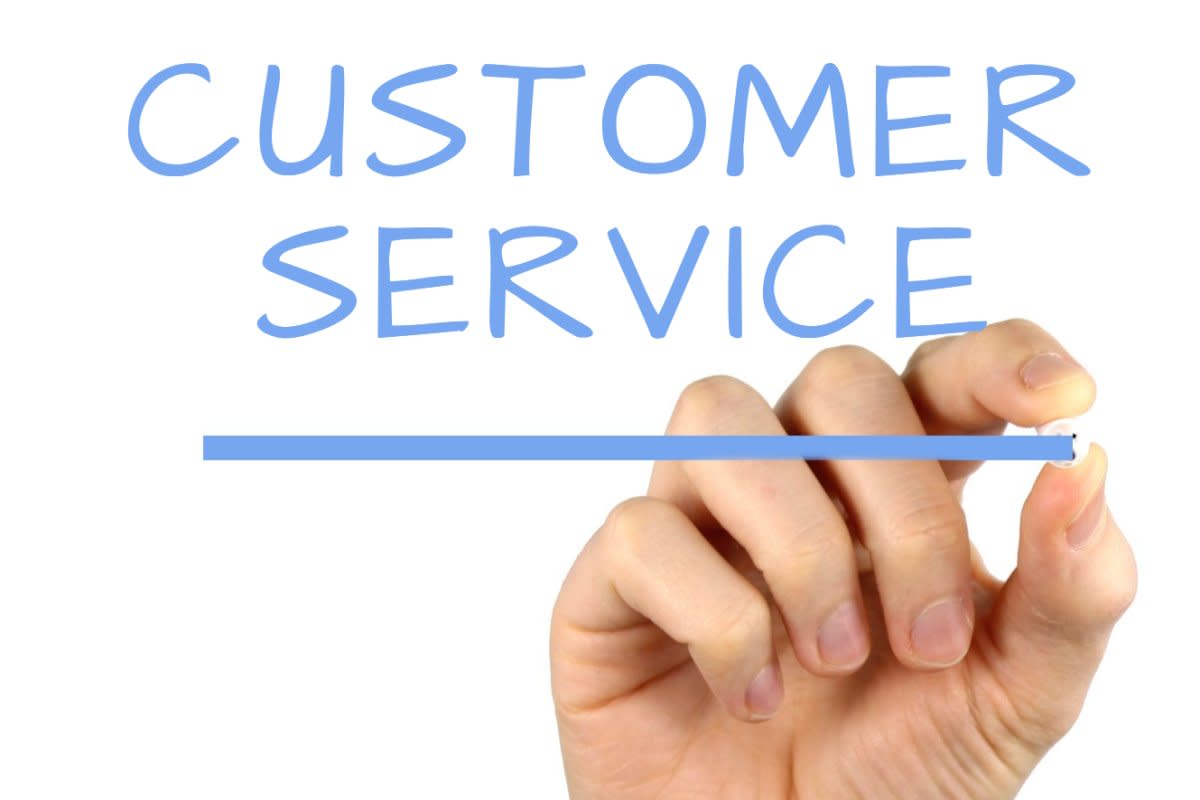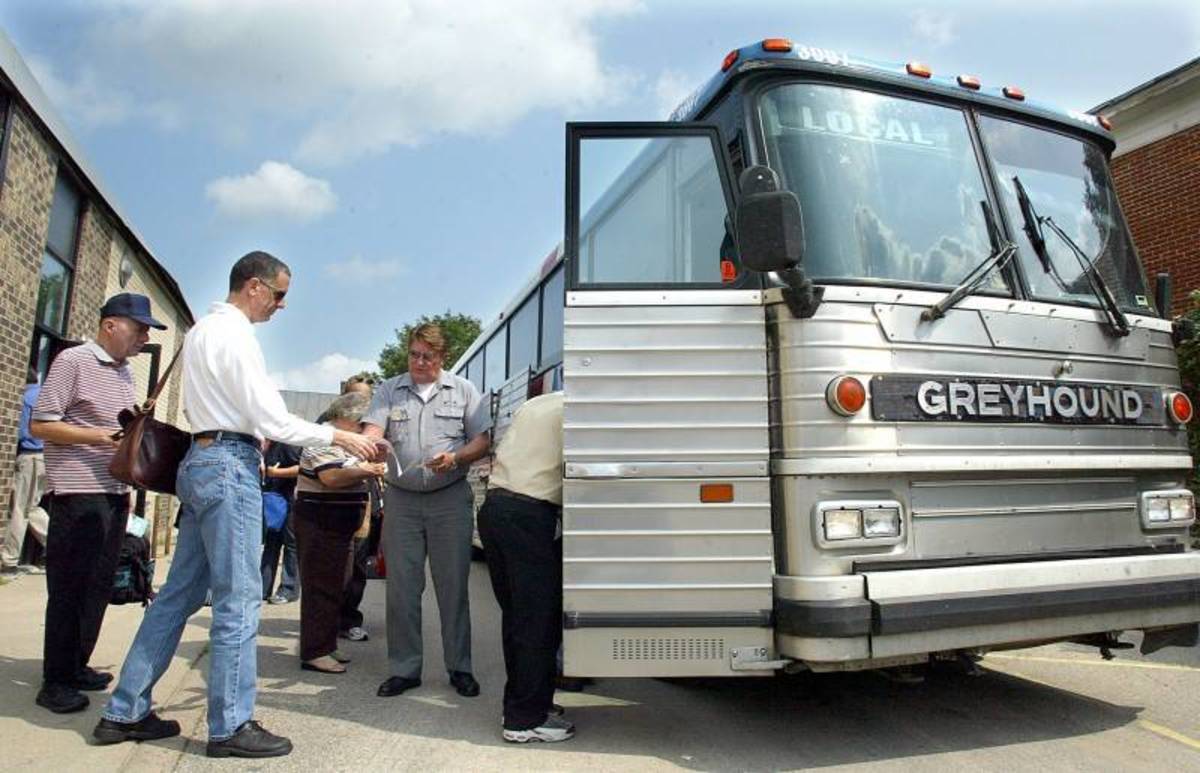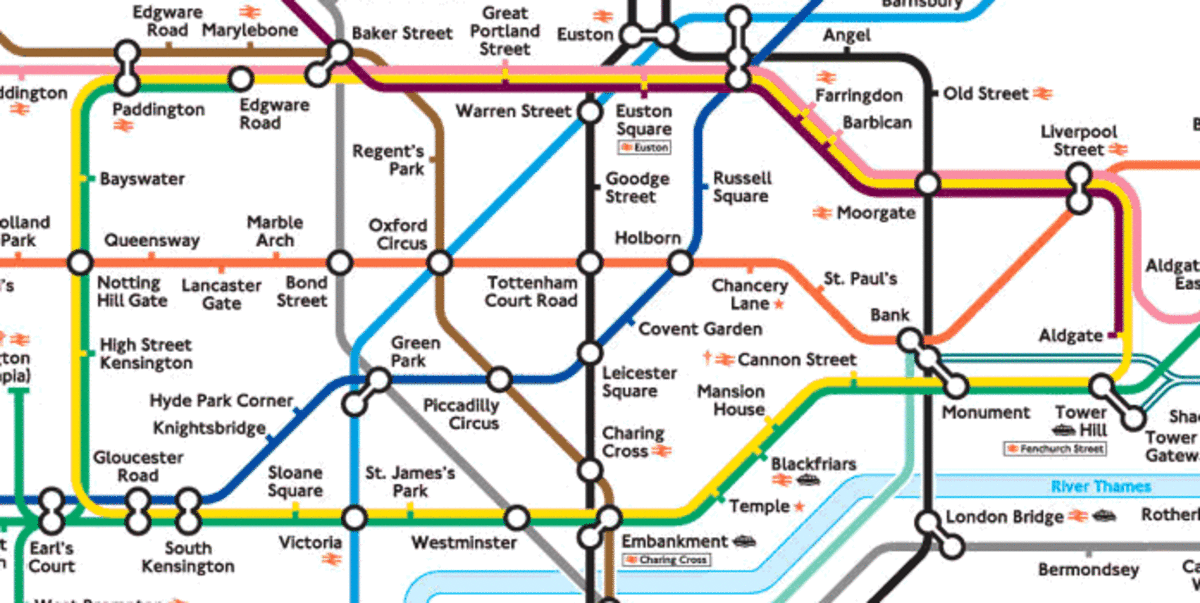Buy Cheap Airline Tickets Using Priceline or Hotwire

A great way to save money on airline tickets is to use Priceline, Hotwire or another opaque travel website. Such websites enable travelers to buy unsold inventory at deeply discounted prices. These sites are “opaque” because the traveler does not find out the specific airline until after the purchase is completed. Opaque shopping is often a win-win for the airline and the traveler: the airline sells seats that would otherwise go unused; the traveler gets a great price.
For example, Mr. Smith wants to visit Los Angeles for vacation. He needs an airline ticket from Chicago to Los Angeles from June 1st – 8th. Meanwhile, United Airlines has flights scheduled between O’Hare and LAX airports on those dates. These flights are only 50% full, and their advertised price is $400 roundtrip. Mr. Smith uses an opaque shopping site to buy his airline ticket for the deeply discounted price of $200. Only after the purchase is complete does Mr. Smith learn that he purchased his ticket from United. It’s a good deal for Mr. Smith because he saved 50% from the published rate. It’s also a good deal for United because it sold a seat that would otherwise have gone unused without cannibalizing its full-price retail ticket sales.
So is Mr. Smith happy? He’s probably thrilled because he saved $200 (50% off!). But perhaps not. I've used opaque shopping sites like Priceline and Hotwire many times over the last 12 years to purchase airline tickets, and have saved thousands of dollars. That said, there were occasions where I had a negative experience, or ended up paying more than I initially expected. Here are lessons learned from my experiences purchasing airline tickets from opaque shopping sites like Priceline and Hotwire.
Airline Tickets
Let’s assume Mr. Smith used Priceline to purchase his opaque airline ticket. (He could also have used the other dominant opaque travel site—Hotwire--or another opaque site such as Site59, or an option for making opaque travel purchases with a traditional online vendor such as Travelocity or Expedia.)
Mr. Smith entered his general airline travel parameters including his travel dates (June 1st – 8th), city pair (Chicago; Los Angeles), and his adult / child status (adult). The Priceline site then asked him to select his favored airports within the Chicago and Los Angeles areas, and prompted him to enter his “Name Your Own Price” bid for how much he was willing to pay. Priceline then displayed the total charges, including taxes and fees, on the following page. Assume he bid $200, for total charges of $250. In this example, Priceline determined United was willing to sell Mr. Smith a ticket matching his airline travel parameters for the price of his bid, and then informed him that his bid was accepted. It was only at this point that Priceline notified Mr. Smith that his airline ticket was issued by United Airlines, and gave him his actual travel itinerary complete with the flight numbers, flight times, and connecting flight information.
The purchasing process would have been similar had Mr. Smith used Hotwire to make his opaque purchase. The major difference is that Hotwire would have simply informed Mr. Smith of the purchase price without revealing the airline or itinerary, and so Mr. Smith would not have needed to enter a bid.
In the best case, Mr. Smith was still thrilled with his purchase even after learning his itinerary. However, there are a host of potential problems that may have caused Mr. Smith to be less than fully satisfied:
1. Inconvenient Departure/Arrival Times. The biggest potential problem is that the departure and/or arrival times of the flights may be inconvenient or even a hassle. For example, Mr. Smith may need to wake up very early to board a 6:00 am flight at O’Hare, or may not arrive at LAX until after midnight. When using an opaque site where the itinerary is unknown until after completing the purchase, take into account the unpredictability of the departure and arrival times. It’s a bad idea to fly on any day where you have an activity planned since you might not arrive until too late or may have to depart too early. It’s also problematic to use opaque tickets for short trips of less than 4 days. For example, if you try to fly out one day and return the next, you literally might not have time to leave the airport! To mitigate this, opaque sites may limit the hours of departure and arrival. For example, Priceline says flights will depart between 6 am and 10 pm, and arrive no later than 12:30 am the following day. This is still a wide range, especially if you’re traveling with children or elderly companions.
2. Layovers. Another potential problem is that opaque sites generally do not guarantee non-stop flights. The flight may include a lay-over even if the distance being flown is short. For example, Mr. Smith may find that his flight to LAX will include a 3-hour layover in Denver. To mitigate this problem, opaque sites may limit the duration of any potential layovers. For example, flights bought using Priceline will have a maximum of 1 layover capped at 3 hours.
3. Extra Long Flights. Airline itineraries bought via opaque travel sites might include layovers in remote cities that substantially increase the total flight time. For example, Mr. Smith may find that he will be flying from Chicago to Los Angeles by way of Seattle.
4. No Frequent Flyer Miles. Travelers do not earn frequent flyer miles when they use opaque sites. Logically, this makes sense since frequent flyer miles are a tool designed to promote loyalty to a particular travel supplier, which goes against the definition of opaque shopping. Mr. Smith, for example, will not earn any frequent flyer miles even if he belongs to United’s frequent flyer program. The cost of not earning frequent flyer miles can be evaluated by assigning a monetary value to the miles, such as 1 cent per mile. And forget about earning any extra miles if your itinerary includes a layover in a very remote city (see Problem #3)!
5. High Taxes & Fees. As with all travel, taxes can substantially boost the total purchase price. In addition, opaque sites often have higher fees than those charged by more traditional sites. For example, Mr. Smith may not have fully appreciated how much his total charge of $250 exceeded his actual bid of $200 due to the additional taxes and fees. This might be because he was distracted by figuring out how much to bid for his airline ticket, and also because the site did not separately break out the extra $50 to see how much of it was being used to pay taxes and how much of it was being used to pay an additional fee to Priceline.
6. Poor On-Time Flights Statistics. Since opaque shopping sites hide the identity of the airline and the actual itinerary until after the purchase is complete, it’s impossible to avoid airlines with poor on-time arrival statistics, or layover airports with frequent delays. For example, Mr. Smith might find he’s flying on an airline whose flights into LAX are late 82% of the time, or he may have a layover in Denver in the middle of January when snowstorms are common.
7. No Cancellations or Itinerary Changes. Purchases made through opaque shopping sites are generally final, and it is not possible to cancel your ticket or change flights for any reason. So, even if Mr. Smith is very happy with his purchase, he may become less than satisfied if he should need to cancel his trip, or change his flights to go the following week. This issue is best addressed by thinking about it in terms of travel costs over a long period of time. If you’re able to save $3000 by using an opaque shopping site over 10 years, then you’re still ahead way even if a change in travel requirements causes you to lose the price of one ticket.
8. Unwanted Purchases. Since purchases made through opaque sites are final, the traveler can be stuck with an unwanted ticket if he entered incorrect data during the purchasing process. What if Mr. Smith entered the wrong dates or airport while purchasing his ticket? While the Priceline site asks for confirmation of this data before allowing the traveler to submit his bid, it could still be possible for someone to enter the wrong data if he gets distracted during the bidding process. I’d like to think the opaque shopping site would be willing to cancel the purchase especially if the traveler notified them immediately, but this would require a variance from the site’s posted rules, which could be very difficult to get.
To decide whether to use an opaque site to buy an airline ticket, you need to decide if its potential costs outweigh its potential benefits. For costs, think about how you value the potential problems discussed above. For example, think about the inconvenience of being booked on an early-morning or late-night flight, or how you’d feel about facing a three-hour layover in a stopover city that also increases your total flying time. To determine the benefits, first use a traditional travel site to find the cost of a regular (non-opaque) airline ticket to your destination. Then, decide how much of a discount you’d demand from that price to accept the potential costs of buying an opaque ticket. For example, if Mr. Smith finds the normal cost of an airline ticket is $400, but he’d be willing to accept the costs of using Priceline’s opaque service in exchange for a $200 discount, he could try entering a $200 bid on Priceline’s site. If it’s accepted, then he’ll likely be happy that he bought his ticket this way. If it’s rejected, he’d likely be better off buying his ticket using a traditional travel vendor rather than raising the price of his bid.
The cheapest way to buy an airline ticket is to use an opaque shopping site such as Priceline or Hotwire. You might find a bargain that's 50% less than any other ticket, and that's money you can use to have fun at your destination. But you need to decide if you’re willing to accept the potential problems listed above in exchange for your savings. In some cases, you may end up adding hours to your travel times. In other cases, you might need to arrive too late or depart too early to accomplish what you wanted to accomplish at your destination.
Other Useful Links
- Use Priceline and Hotwire to Save 50% or More on Hot...
You can save the most money on hotels using Priceline, Hotwire or another opaque online site. Here's what to look out for to make sure you enjoy your stay.









